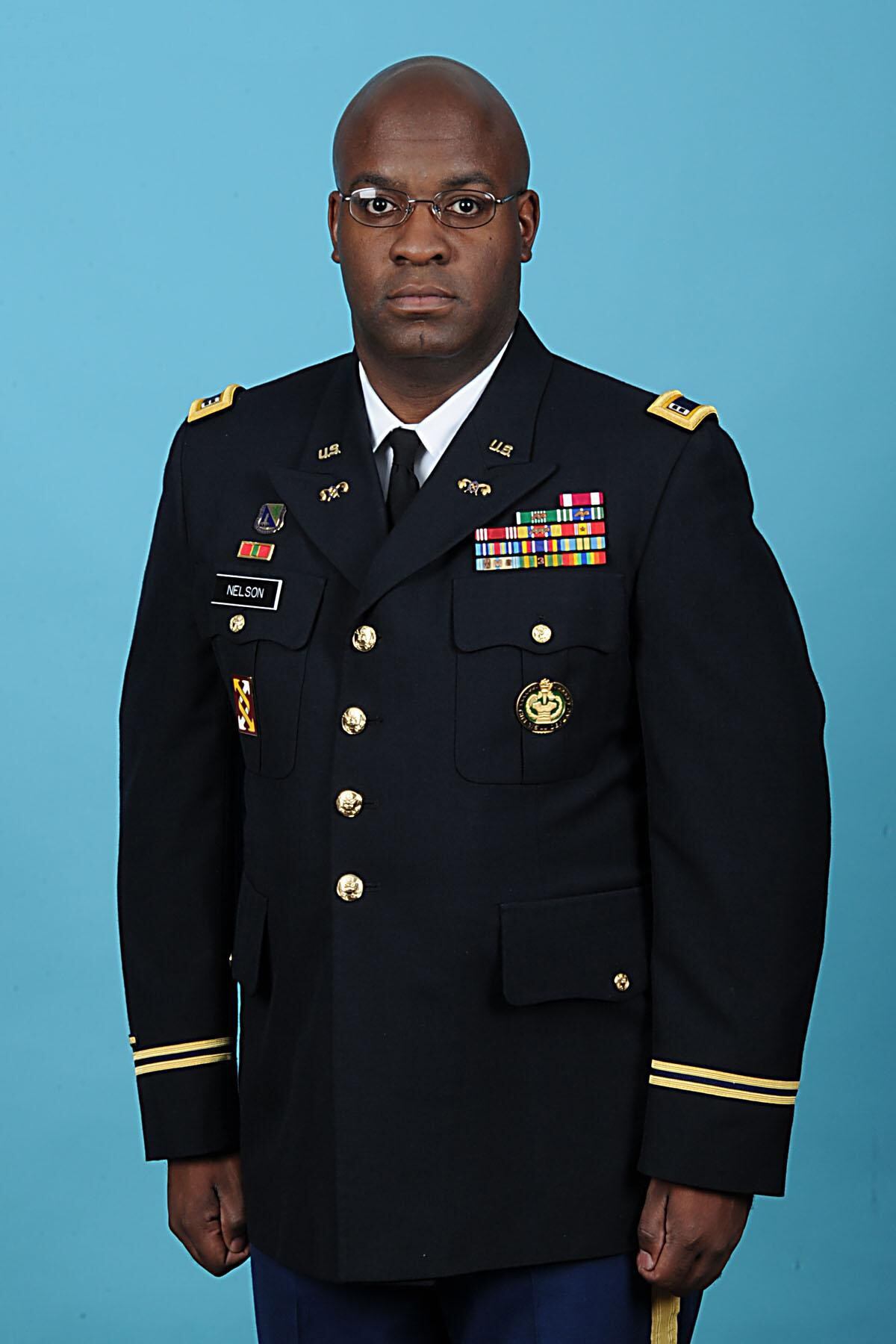Chief Warrant Officer 2 Derrick Nelson was a New Jersey high school principal by day and a part-time Army chemical, biological, radiological and nuclear specialist, but he wanted to do more, so he signed up to be a bone marrow donor.
In February, he went into cardiac arrest during the relatively low-risk donation procedure, the Associated Press reported on Wednesday.
“We share in the sorrow felt by his loved ones, and we must not forget the valuable contribution he made to his country and the impact he has left on our organization.” Lt. Col. Adam Jackson, an Army Reserve spokesman, said in a statement to Army Times on Thursday.
Nelson, 44, died Monday, the AP reported, after weeks in a coma. His bone marrow was intended for an unidentified French teenager, whom he matched with last October.
“We deeply appreciate Derrick’s willingness to step forward to donate, and we share our sympathies and condolences with his family,” Dr. C. Randal Mills, CEO of Be the Match, said in a statement. “Marrow donation is a selfless decision that helps save the lives of thousands of patients each year. ... we thank anyone who steps forward to donate and help save a life.”
In an interview with the student newspaper at the school where he worked, published on Feb. 25, Nelson said his sleep apnea prevented him for going under general anesthesia, so he would have the procedure under a local anesthetic.
“If it’s just a little bit of pain for a little bit of time that can give someone years of joy, it’s all worth it,” he told the newspaper.
Nelson joined the Army in 1994, according to a service record provided by the Army Reserve, and was most recently assigned to the 411th Chemical Company in Edison, New Jersey.
The former drill sergeant’s awards and decorations include the Meritorious Service Medal, two Army Commendation Medals and three Army Achievement Medals.
He deployed to Kuwait in 2013.

Meghann Myers is the Pentagon bureau chief at Military Times. She covers operations, policy, personnel, leadership and other issues affecting service members.





